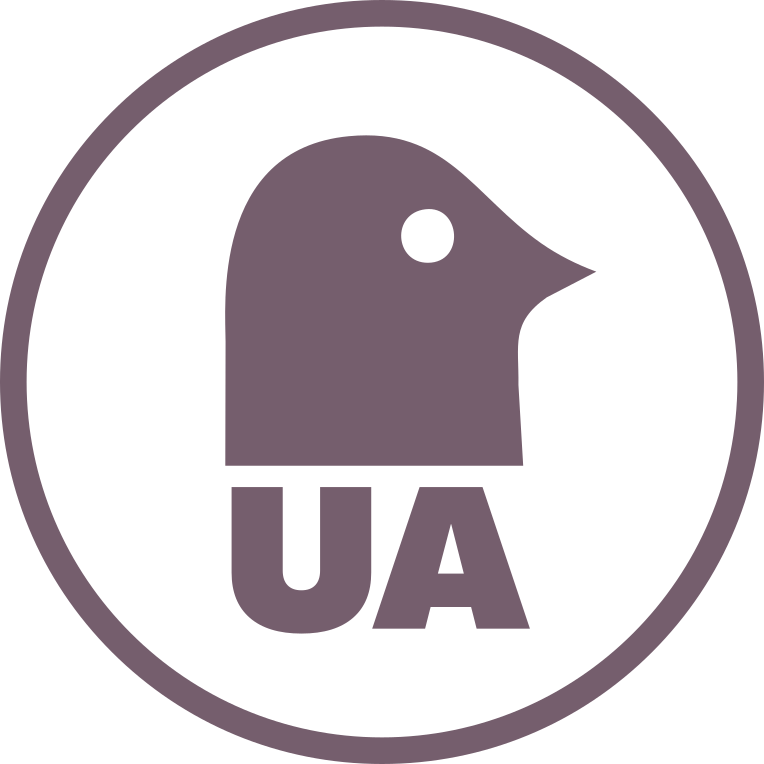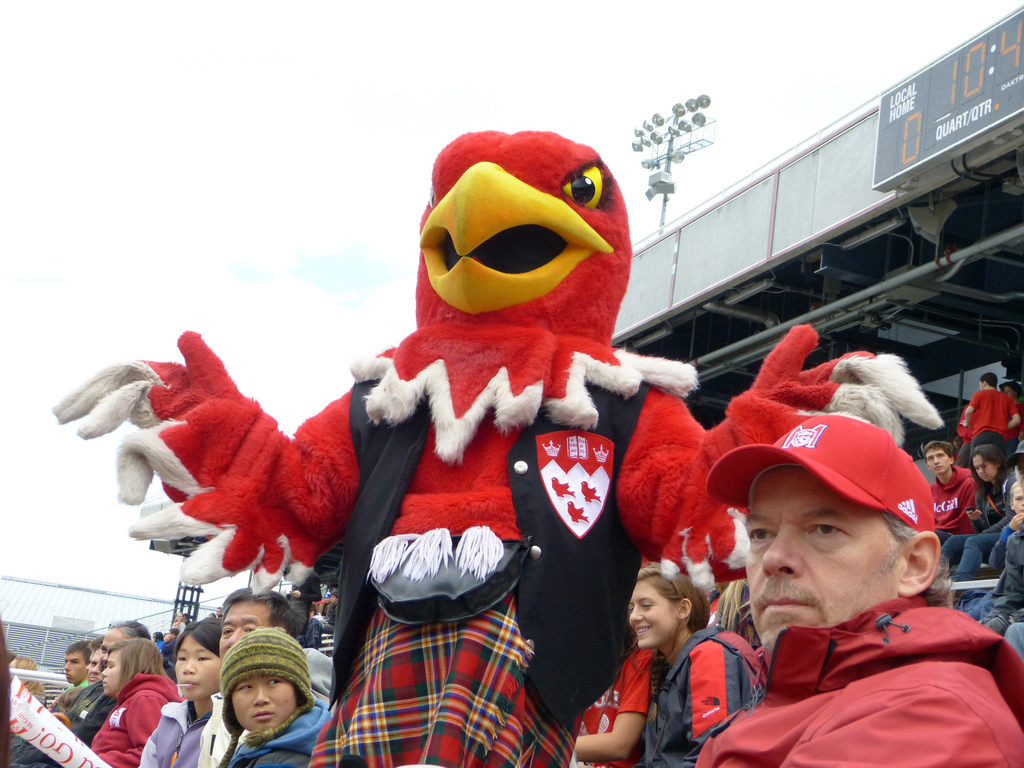The SSMU VP University Affairs supplies McGill committees with student members. I take this as a serious responsibility. Students have a stake in where our tuition goes, our education, and the services offered to us. Often we can offer personal experience and we can advocate for improvements without having alternative interests. Student participation is even vested in the McGill Charter of Student Rights and Responsibilities. It says “all University bodies constituted to make decisions of policy in matters pertaining directly to students must provide for student membership”.
From the Senate website, committee allocation doesn’t seem like too much work. There are 14 committees that have student representation, with a total of 33 seats for students to fill. But many more bodies at McGill solicit students for their committees. When I began recruiting committee members at the start of my term, I referred to a list compiled in 2022. This list had 46 committees. Many of these groups have no public digital footprint. It makes it hard for non-members to bring questions and concerns to the committee. On my end, it’s hard to solicit future members to a committee they’ve never heard of before. Committees with this issue are largely advisory boards: the Wellness Hub Advisory Board, International Student Services Advisory Board, Scholarship and Student Aid Office (SSAO) Advisory Board, and Office of Religious and Spiritual Life (MORSL) Multi-Faith Network. Because of the Charter, these offices maintain a mechanism for student membership, but they aren’t promoting it.
Then there are the committees that were abolished. When I reached out to the secretary or chair of all 46 committees, I learned that the Skills 21 Steering Committee, Skills 21 Program Committee, Universal Access Capital Projects Working Group, Course Evaluation Advisory Group, and Sustainable Labs Working Group are not meeting this fall. It is impossible to contact the EDIC Subcommittee on Persons with Disabilities, the Subcommittee on Family Care, and the Subcommittee on Racialized and Ethnic Persons since their websites are either outdated or don’t exist. The University Teaching Labs Working Group has been absorbed by the Teaching and Learning Spaces Working Group, halving the number of SSMU representatives in the process. The Student Achievement and Accessibility Advisory Board is currently re-evaluating its existence.
For a committee to dissolve isn’t inherently a bad thing, but it’s certainly a trend worth taking note of, especially when it’s not replaced with other ways to garner student input. It’s disheartening to win a seat at a table only to have the table replaced by employees that are impossible to contact. One day I hope we can achieve a culture of pride in university committees that involve students. I hope that they publish reports for the community to read, that they consult with my office when making governance changes, and that decision-making power rests in part with students even as situations evolve.
Those wishing to talk more about McGill committees – especially those interested in sitting on some – should email ua@ssmu.ca.

